DS Automobiles DS 7 vs Renault Captur - Differences and prices compared
Compare performance (130 HP vs 158 HP), boot space and price (41900 £ vs 21100 £) at a glance. Find out which car is the better choice for you – DS Automobiles DS 7 or Renault Captur?
Costs and Efficiency:
Price and efficiency are key factors when choosing a car – and this is often where the real differences emerge.
Renault Captur has a decisively advantage in terms of price – it starts at 21100 £, while the DS Automobiles DS 7 costs 41900 £. That’s a price difference of around 20794 £.
Fuel consumption also shows a difference: Renault Captur manages with 4.40 L and is therefore noticeable more efficient than the DS Automobiles DS 7 with 5.50 L. The difference is about 1.10 L per 100 km.
Engine and Performance:
Power, torque and acceleration are the classic benchmarks for car enthusiasts – and here, some clear differences start to show.
When it comes to engine power, the Renault Captur has a somewhat edge – offering 158 HP compared to 130 HP. That’s roughly 28 HP more horsepower.
In acceleration from 0 to 100 km/h, the Renault Captur is noticeable quicker – completing the sprint in 8.90 s, while the DS Automobiles DS 7 takes 11.90 s. That’s about 3 s faster.
There’s also a difference in torque: DS Automobiles DS 7 pulls somewhat stronger with 300 Nm compared to 265 Nm. That’s about 35 Nm difference.
Space and Everyday Use:
Whether family car or daily driver – which one offers more room, flexibility and comfort?
Both vehicles offer seating for 5 people.
In curb weight, Renault Captur is noticeable lighter – 1323 kg compared to 1651 kg. The difference is around 328 kg.
In terms of boot space, the DS Automobiles DS 7 offers distinct more room – 555 L compared to 422 L. That’s a difference of about 133 L.
When it comes to payload, Renault Captur somewhat takes the win – 453 kg compared to 399 kg. That’s a difference of about 54 kg.
Who wins the race?
The Renault Captur proves to be wins the duel decisively and therefore becomes our DriveDuel Champion!
Renault Captur is the better all-rounder in this comparison.
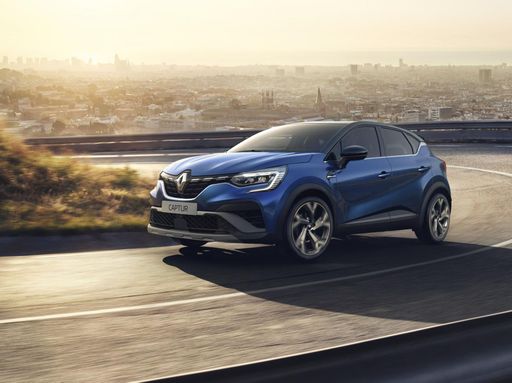
Renault Captur
Costs and Consumption
View detailed analysis
Engine and Performance
View detailed analysis
Dimensions and Body
View detailed analysis
DS Automobiles DS 7
The DS 7 wraps Parisian elegance into SUV practicality, with sculpted surfaces, a jewel-like grille and an interior that feels more boutique lounge than family transporter. It appeals to buyers who want style and comfort without shouting, delivering a refined ride and clever tech that make daily driving feel a little more special — and yes, it’ll turn heads in the school run.
details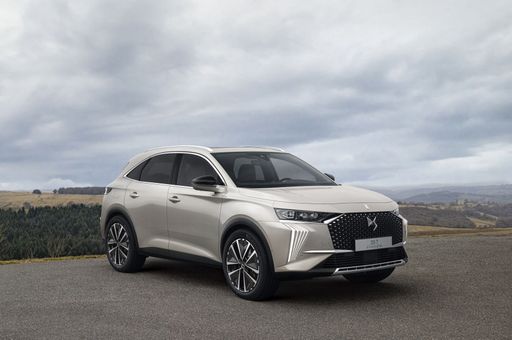
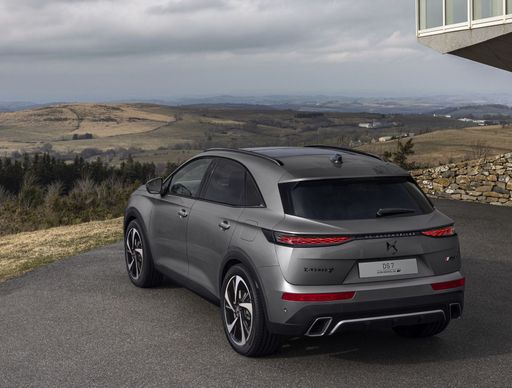
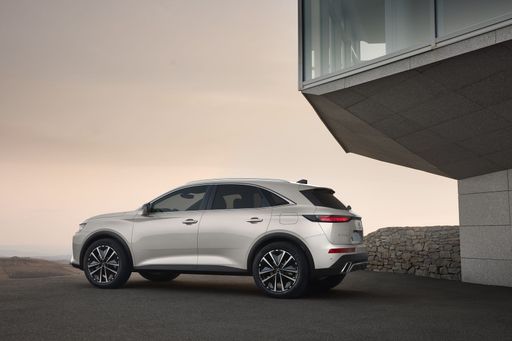
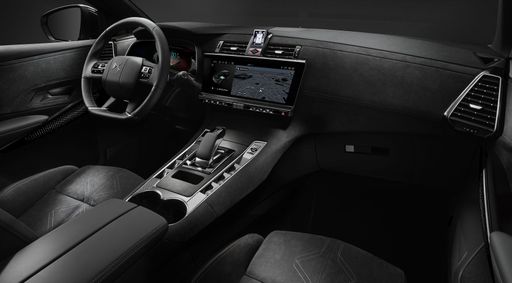
Renault Captur
The Renault Captur is a cheeky little crossover that pairs city-friendly agility with a roomy, well-thought-out cabin and enough style to turn heads at the lights. It’s a sensible choice for buyers who want practical versatility and a dash of personality on their daily drives, without taking itself too seriously.
details
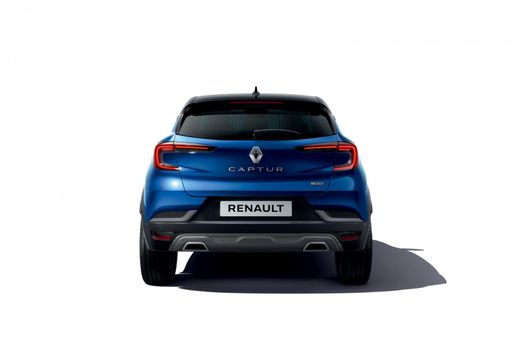
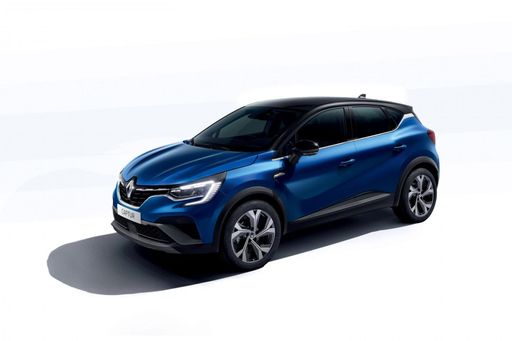
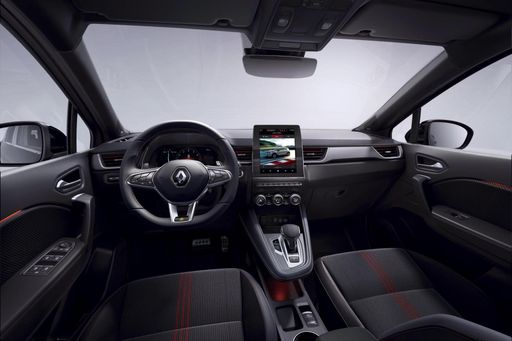

|

|
|
|
|
Costs and Consumption |
|
|---|---|
|
Price
41900 - 46100 £
|
Price
21100 - 28400 £
|
|
Consumption L/100km
5.50 L
|
Consumption L/100km
4.4 - 6 L
|
|
Consumption kWh/100km
-
|
Consumption kWh/100km
-
|
|
Electric Range
-
|
Electric Range
-
|
|
Battery Capacity
-
|
Battery Capacity
-
|
|
co2
145 g/km
|
co2
100 - 137 g/km
|
|
Fuel tank capacity
-
|
Fuel tank capacity
48 L
|
Dimensions and Body |
|
|---|---|
|
Body Type
SUV
|
Body Type
SUV
|
|
Seats
5
|
Seats
5
|
|
Doors
-
|
Doors
5
|
|
Curb weight
1651 kg
|
Curb weight
1323 - 1441 kg
|
|
Trunk capacity
555 L
|
Trunk capacity
326 - 422 L
|
|
Length
-
|
Length
4239 mm
|
|
Width
1891 mm
|
Width
1797 mm
|
|
Height
-
|
Height
1575 mm
|
|
Max trunk capacity
-
|
Max trunk capacity
1363 L
|
|
Payload
399 kg
|
Payload
447 - 453 kg
|
Engine and Performance |
|
|---|---|
|
Engine Type
Diesel
|
Engine Type
Full Hybrid, Petrol, Petrol MHEV
|
|
Transmission
Automatic
|
Transmission
Automatic, Manuel
|
|
Transmission Detail
Automatic Gearbox
|
Transmission Detail
Automatic Gearbox, Manual Gearbox, Dual-Clutch Automatic
|
|
Drive Type
Front-Wheel Drive
|
Drive Type
Front-Wheel Drive
|
|
Power HP
130 HP
|
Power HP
115 - 158 HP
|
|
Acceleration 0-100km/h
11.90 s
|
Acceleration 0-100km/h
8.9 - 12.3 s
|
|
Max Speed
-
|
Max Speed
180 km/h
|
|
Torque
300 Nm
|
Torque
160 - 265 Nm
|
|
Number of Cylinders
4
|
Number of Cylinders
3 - 4
|
|
Power kW
96 kW
|
Power kW
84 - 116 kW
|
|
Engine capacity
1499 cm3
|
Engine capacity
1199 - 1789 cm3
|
General |
|
|---|---|
|
Model Year
2025
|
Model Year
2025
|
|
CO2 Efficiency Class
E
|
CO2 Efficiency Class
C, D, E
|
|
Brand
DS Automobiles
|
Brand
Renault
|
What drive types are available for the DS Automobiles DS 7?
The DS Automobiles DS 7 is available as Front-Wheel Drive.
The prices and data displayed are estimates based on German list prices and may vary by country. This information is not legally binding.
